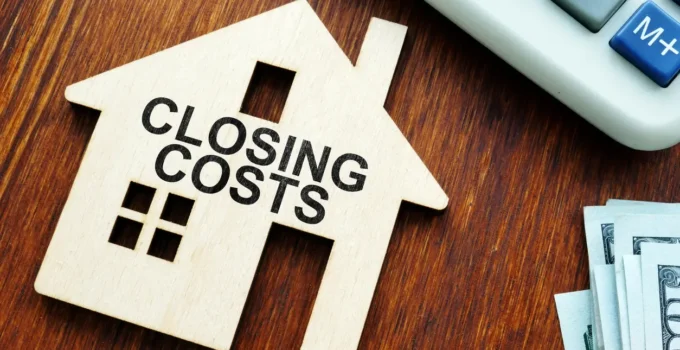Gaining insight into the multitude of closing fees that come with the acquisition of a home or condo in Toronto is crucial. This article will delve into the diverse closing costs found in Toronto, equipping you with the necessary knowledge for prudent budgeting and making informed decisions throughout the home purchasing journey.
Technically, home insurance isn’t a closing cost, but you’ll most likely need to purchase a policy. If you’re looking for home insurance quotes, you should consider teaming up with an online insurance brokerage, like the experts at Surex.
A Primer on Closing Costs
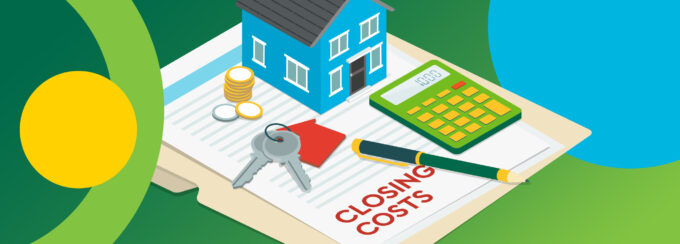
Source: commercebank.com
Closing costs encompass the expenses and charges that are part and parcel of sealing a real estate deal. Legal fees, land transfer taxes, and inspection and appraisal costs are among these expenses. These costs can differ based on the particulars of your transaction, so it’s vital to familiarize yourself with the typical closing costs in Toronto.
Pre-Closing Costs
Here’s a quick look at some of the pre-closing costs for homes:
- Initial Deposit: Once your offer has been accepted, it is standard to provide a deposit within the next 24 hours. This deposit usually amounts to 5% of the purchase price and signifies your intent to follow through with the purchase. It is later deducted from your down payment and closing costs.
- Property Appraisal: Property appraisal entails an impartial evaluation of a property’s market value. It is often necessitated by lenders to ensure the property is worth the loan amount. The fees for an appraisal generally range between $400 and $500, though they are occasionally covered by the lending institution.
- Home Inspection: A home inspection involves a detailed visual check of the condition of the property, its structure, and its various systems. This inspection is important for uncovering potential issues that may necessitate repairs or maintenance. The inspection fee, usually between $400 and $700, is payable to the inspection company at the time of service.Toronto Closing
Costs to Be Aware Of
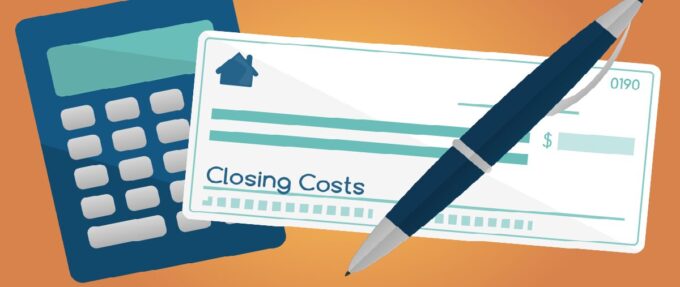
Source: alfriendgroup.com
Some of costs upon closing include:
- Outstanding Purchase Price: The remaining purchase price, which you will need to pay on the closing day, is calculated by deducting your initial deposit. This balance often comes from your mortgage lender.
- Title Insurance: Title insurance is a protective measure against problems related to the property’s title, such as fraud or undisclosed liens. It usually costs between $250 and $400, and might sometimes be incorporated into your legal fees.
- Mortgage Broker Commission: In the event you’ve engaged a mortgage broker to facilitate your financing, their commission is typically covered by the lender, saving you this expense.
- Property Survey: A property survey might be required to ascertain property boundaries, easements, and the locations of buildings. Survey fees can be anywhere from $1,000 to $2,000.
- Land Transfer Taxes: In Toronto, two types of land transfer taxes apply: the Ontario Land Transfer Tax and the Toronto Land Transfer Tax. These taxes are based on the property’s purchase price and can be estimated using a Land Transfer Calculator.
- Property Tax Adjustment: Property tax adjustments ensure the seller is remunerated for any property taxes they’ve prepaid beyond the closing date. This sum is added to your closing costs.
- HST: The Harmonized Sales Tax (HST) generally applies only to new construction homes and condos, and not to resale properties.
- Tarion Warranty Fees: Tarion Warranty fees, which apply to new construction homes and condos, offer warranty coverage for construction and material defects. These fees can be estimated on the Tarion Warranty Program website.
- Provincial Sales Tax: Provincial Sales Tax (PST) might apply to chattels (personal property) purchased from the seller, such as appliances or furniture. The tax amount varies based on the items included in the sale.
Post-Closing Costs: Finally, the post-closing costs include:
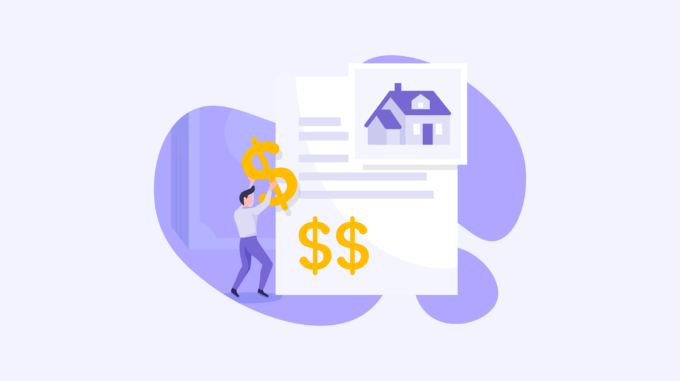
Source: useelko.com
- Relocation Expenses: The cost of moving depends on a variety of factors, including the distance and size of the move and whether you engage professional movers. It’s wise to budget at least $1,000 for this expense.
- Utility Connection Fees: Connecting and setting up services in your new home might result in fees from utility companies. These charges vary depending on the service provider.
- Redecoration and Renovation Expenses: If you intend to renovate or redecorate your new home, remember to account for these costs in your budget as they can accumulate quickly.
- Immediate Repair and Maintenance Costs: Certain properties may necessitate immediate repairs or maintenance after you move in. It’s crucial to consider these potential costs in your budgeting.
Tips to Mitigate Closing Costs
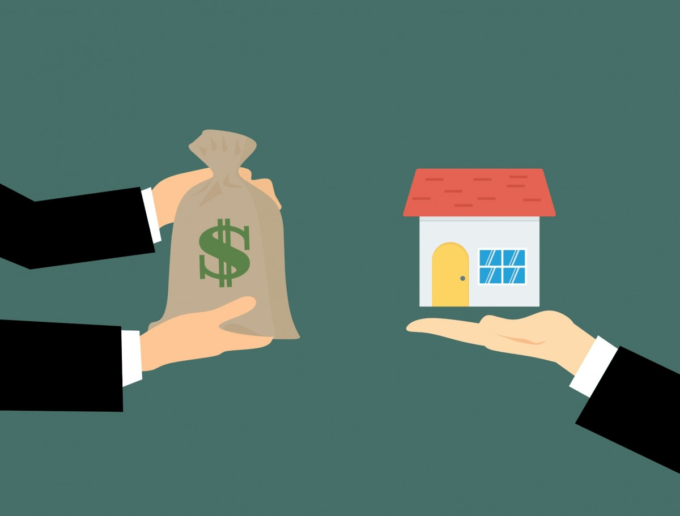
Source: seattlemortgageplanners.com
Here are some useful tips that you can utilize if you want to mitigate your closing costs:
- Comparison shop for the best mortgage rates and terms, as well as for legal fees and other professional services.
- Negotiate with the seller to cover some of the closing costs or to include certain items in the sale, such as appliances or window coverings.
- Opt for a longer closing period, which gives you more time to save for closing expenses.
- If you’re a first-time homebuyer, use government programs and rebates, such as the First-Time Home Buyer Incentive or the Home Buyers’ Plan.
Guide To The Various House Closing Costs in Toronto — Conclusion
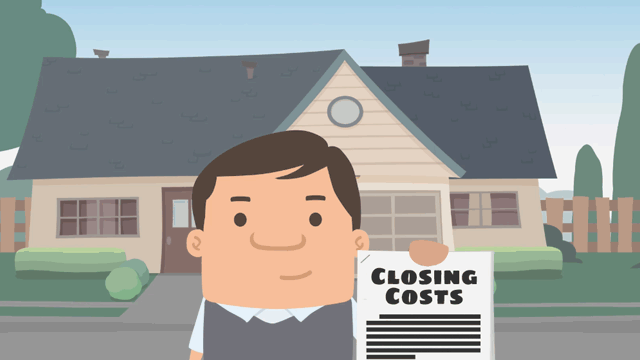
Source: fha.com
Closing costs can be confusing, but knowing how they work is integral.
Understanding the different closing costs in Toronto is vital when purchasing a property. By being knowledgeable about these costs and budgeting accordingly, you can sidestep unexpected expenses and ensure a smoother home buying experience.
Best of luck with your home-buying journey.

